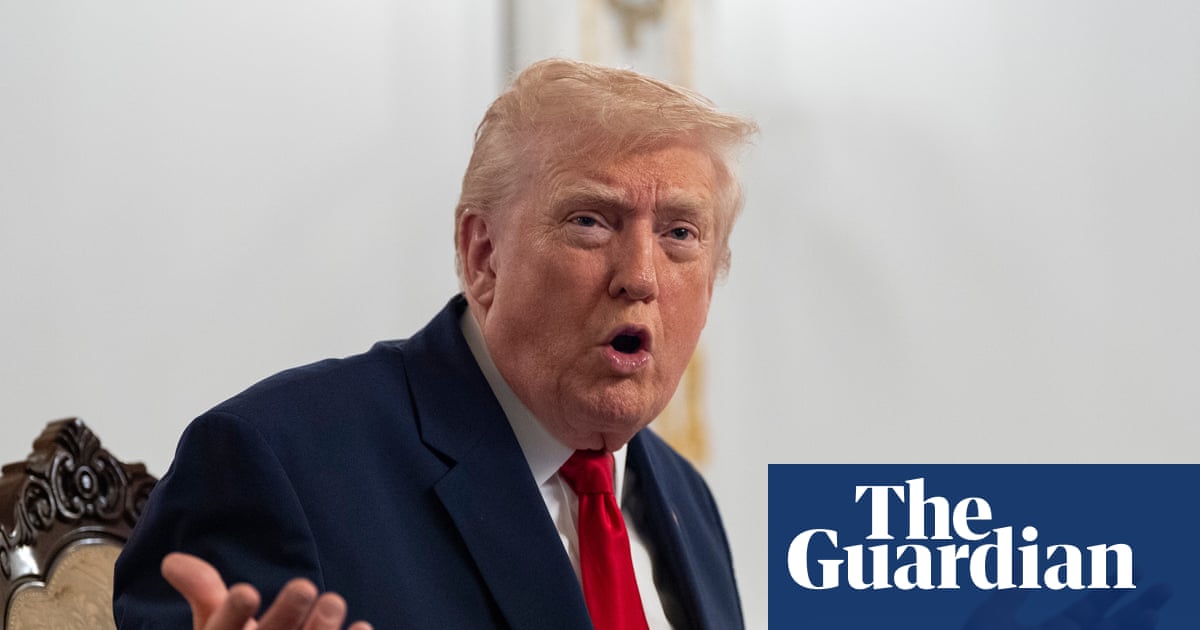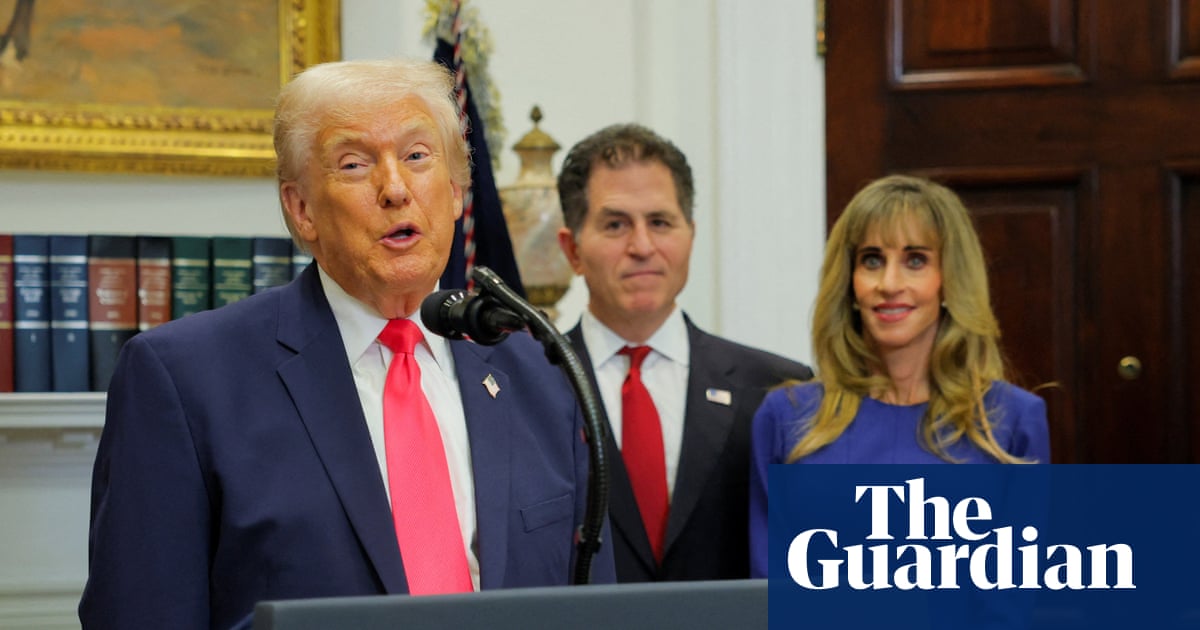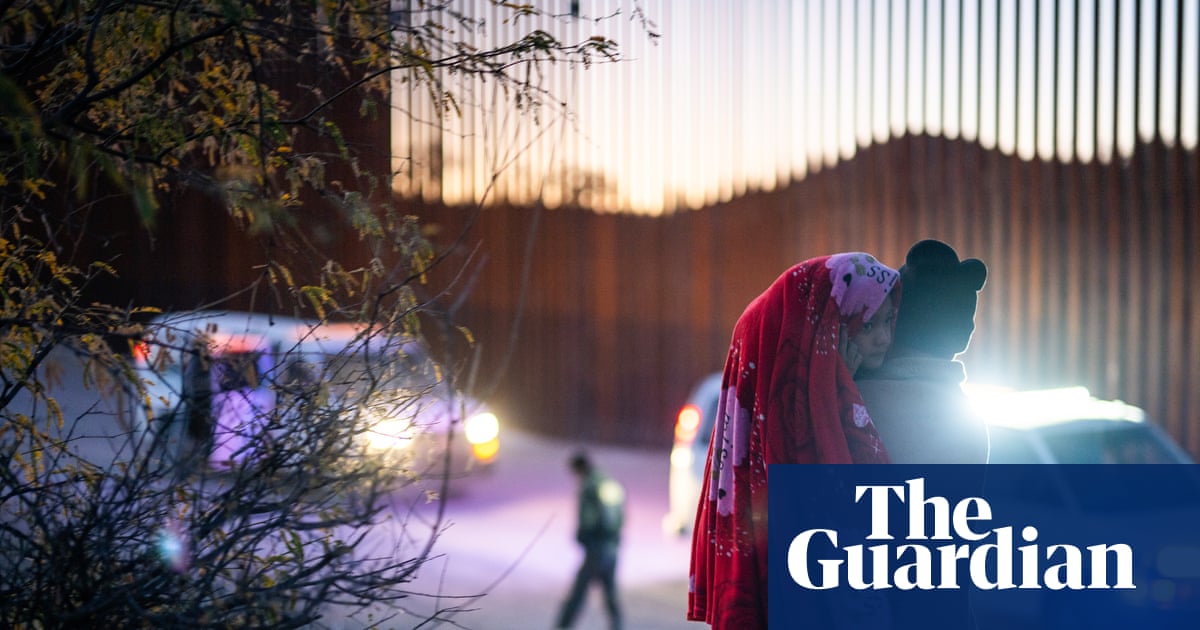The visit by President Ahmed al-Shara is another step in the transformation of the former rebel leader once wanted by the United States as a terrorist.

Nov. 10, 2025Updated 7:52 p.m. ET
President Trump waived sanctions on Syria on Monday after meeting with President Ahmed al-Shara at the White House, the latest effort to throw his support behind the former rebel leader who had once been designated a terrorist by the United States, with a $10 million bounty on his head.
It was Mr. al-Shara’s first visit to the U.S. capital since coming to power and the first by any Syrian head of state to the White House.
“We want to see Syria become a country that’s very successful, and I think this leader can do it,” Mr. Trump said. “People say he’s had a rough past? We’ve all had rough pasts. But he has had a rough past, and I think frankly if he didn’t have a rough past, you wouldn’t have a chance.”
Mr. Trump has granted Syria wide exemptions on sanctions and pushed for Congress to repeal a 2019 law, the Caesar Syria Civilian Protection Act, which imposed the toughest sanctions on Syria. On Monday, he issued a 180-day extension on a waiver that he had first granted in May.
Syria also agreed to join a global coalition to defeat the Islamic State, which remains active in Syria, according to a Trump administration official who discussed details of the meeting on the condition of anonymity. The United States will also allow Syria to resume work at its embassy in Washington that is focused on counterterrorism, security and economic cooperation.
The rebel coalition Mr. al-Shara led toppled the government of Bashar al-Assad in December, ending a brutal dictatorship of more than 50 years by the Assad family. Mr. al-Shara has since redefined himself as a statesman while seeking to return Syria to the international fold and rebuild the country as it emerges from a long and devastating civil war.
But there were signs on Monday of the administration’s apprehension over a leader that the United States once considered to have ties to a terrorist group.
Mr. al-Shara was not given the usual pomp and circumstance that comes with a foreign leader visiting the White House. Mr. Trump did not greet him outside the White House upon his arrival, and Mr. al-Shara entered their meeting through a side door.
Despite the subdued greeting, Mr. Trump praised Mr. al-Shara after the meeting.
“I like him; I get along with him,” Mr. Trump said. “We’ll do everything we can to make Syria successful, because that’s part of the Middle East.”
The remarks were probably welcomed by Mr. al-Shara, given that a recent World Bank report estimated the cost of Syria’s reconstruction at $216 billion.
Since taking power, Mr. al-Shara has toured the wealthy Gulf states to drum up international investment. In September, he went to New York and became the first Syrian president to address the U.N. General Assembly in nearly 60 years.
The next month, he visited the Kremlin and met President Vladimir V. Putin of Russia, who once backed Mr. al-Assad in his government’s fight against Mr. al-Shara’s rebels. They discussed developing Syria’s oil fields and other projects in the energy, transport and tourism sectors.
Before traveling to Washington, Mr. al-Shara joined world leaders in Brazil at an annual U.N. climate summit and invited investments in renewable energy as part of his government’s plans for reconstruction.
Mr. al-Shara has been embraced by Mr. Trump.
In December, the U.S. government dropped the $10 million bounty, and in July, it revoked the terrorist designation for Hayat Tahrir al-Sham, the rebel group that Mr. al-Shara once led.
Mr. Trump has also pledged that Washington would lift all sanctions on Syria to support its efforts to rebuild. But there remains some resistance in Congress to fully lifting the Caesar Syria Civilian Protection Act in light of concerns about Syria’s rocky transition since the Assad regime collapsed.
Over the past year, deadly outbursts of sectarian violence have broken out, some involving armed groups that support Mr. al-Shara’s government.
Mr. al-Shara has also come under criticism for concentrating power in his own hands and those of a close circle of loyalists.
Before his visit to Washington, the U.N. Security Council voted on Thursday to remove Mr. al-Shara from a terrorism sanctions list, a move pushed by the United States. That step will allow him to travel more freely, without having to seek waivers for some trips.
By signing onto the coalition fighting the Islamic State, Mr. al-Shara is further bolstering his relationship with the Trump administration, analysts say.
While the Islamic State lost its territorial foothold in Syria in 2019, it continues to have a presence in the country, and there are fears that it could re-emerge if Mr. al-Shara fails to stabilize and unite the country and consolidate his security forces.
Christina Goldbaum is the Afghanistan and Pakistan bureau chief for The Times, leading the coverage of the region.
Zolan Kanno-Youngs is a White House correspondent for The Times, covering President Trump and his administration.
A version of this article appears in print on , Section
A
, Page
8
of the New York edition
with the headline:
Al-Shara Is 1st Syrian Head of State to Visit White House. Order Reprints | Today’s Paper | Subscribe

 German (DE)
German (DE)  English (US)
English (US)  Spanish (ES)
Spanish (ES)  French (FR)
French (FR)  Hindi (IN)
Hindi (IN)  Italian (IT)
Italian (IT)  Russian (RU)
Russian (RU)  3 weeks ago
3 weeks ago


























Comments